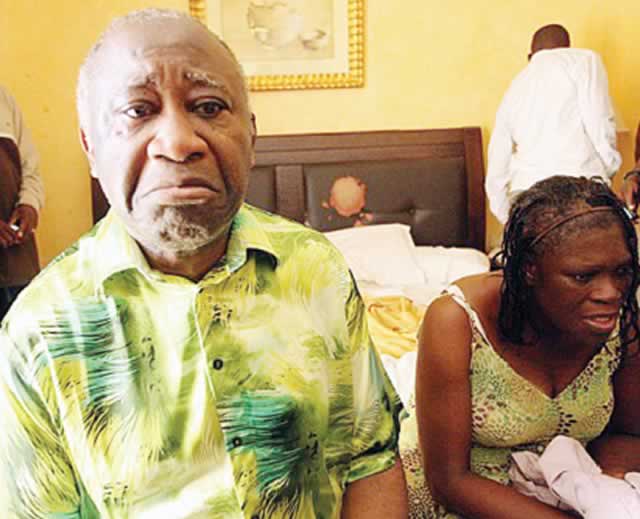ICC not a solution to African political crises

Siphamandla Zondi
Both the former president of Côte d’Ivoire, Laurent Gbagbo, and his wife, Simone Gbagbo, are facing charges of crimes against humanity and a slew of other allegations arising from the post-election violence in 2011. But the manner in which these cases are being handled simply helps perpetuate the feeling and perception that the ICC is designed to go after the enemies of the west in Africa and that it is an attack on the sovereignty of African countries. While Gbagbo and one of his former ministers and a leader of his party’s youth formation, Ble Goude, are in ICC custody having been arrested and handed over to the ICC offices in 2011, Gbagbo had been under house arrest in Côte d’Ivoire for four years. The charges that the Ivorian prosecutors brought against her three years ago – human rights crimes, including genocide, and crimes against the state – were to be tested as the trial was due to start in October 2014, but was postponed.
The Ivorian prosecutors are trying very hard to get the case going to ward off the attempts by the ICC to get the cases transferred to it because the ICC thinks the Ivorian authorities have not done enough to serve justice on the post-election violence. Of course, the government of Allasane Ouattara who came to power with the assistance of Forces Nouvelle rebels and French soldiers is keen to project his government as being in charge and capable of serving justice. It would harm its stature badly if cases were transferred to the ICC because this would send the signal that the new government has not taken full authority of the state and is incompetent. The government would not recover from the perception that it was a puppet government, dependent on others to do its basic duty.
But the government has other fears in this tug-o-war with the ICC. It fears that if it allowed the ICC to handle the cases, it might go beyond what the government is willing to contemplate. It might investigate all cases of atrocities, human rights violations and crimes including those committed by pro-Ouattara forces that humanitarian organisations reported to the world in 2011 and 2012. This would put in jeopardy the whole stability of government and of the state as the armed forces behind Ouattara during the violence, which were actually armed rebels, have now entrenched themselves in the state as part of their reward for helping the former IMF official and a close friend of the former French president take his position as president.
In December 2014, ICC judges ruled in a pre-trial process that Simone Gbagbo and other cases handled by the Ivorian judiciary should be handed over to the ICC. The reason given is that the cases Ivorian justice system is processing are not similar to those that the ICC wants to try, namely: killings, rapes, and acts causing great suffering or serious injury to individuals.
ICC judges further found that the Ivorian justice system was simply not doing enough to establish the criminal responsibility of the charged. This signals that the ICC thinks the Ivorian government is incapable of serving justice speedily and fairly on these matters. It is vote of no confidence on the government of Ouattara.
Ouattara hastened the process of Ivorian membership of the ICC in 2012 in the hope that this would project him positively to global powers and that this would allow for the trial of the still popular Gbagbo outside the country. Now, it turns out the ICC may look closer to Ouattara’s inner circle for culprits in the events of the three months of conflict in 2010 to 2011.
Such is the quagmire facing the Ouattara government: how to play along this image of being more human rights-friendly than his predecessor while protecting thugs that killed and maimed to bring Ouattara to his seat of power.
This highlights more than ever the need for authentic African solutions to political crises that arise and to legal challenges that follow political crisis. A number of countries already have demonstrated how this could be done domestically and effectively.
Until the ICC redeems its image in Africa, it should remain the very last resort in resolving crimes in Africa. Until it is able to bring to book the most powerful politicians and states for crimes against humanity they have committed on many parts of the world, the ICC will remain a case of prejudice rather than justice; a threat to African sovereignty rather than a reinforcement of popular sovereignty.
Siphamandla Zondi is the Executive Director Institute for Global Dialogue associated with the University of South Africa










Comments